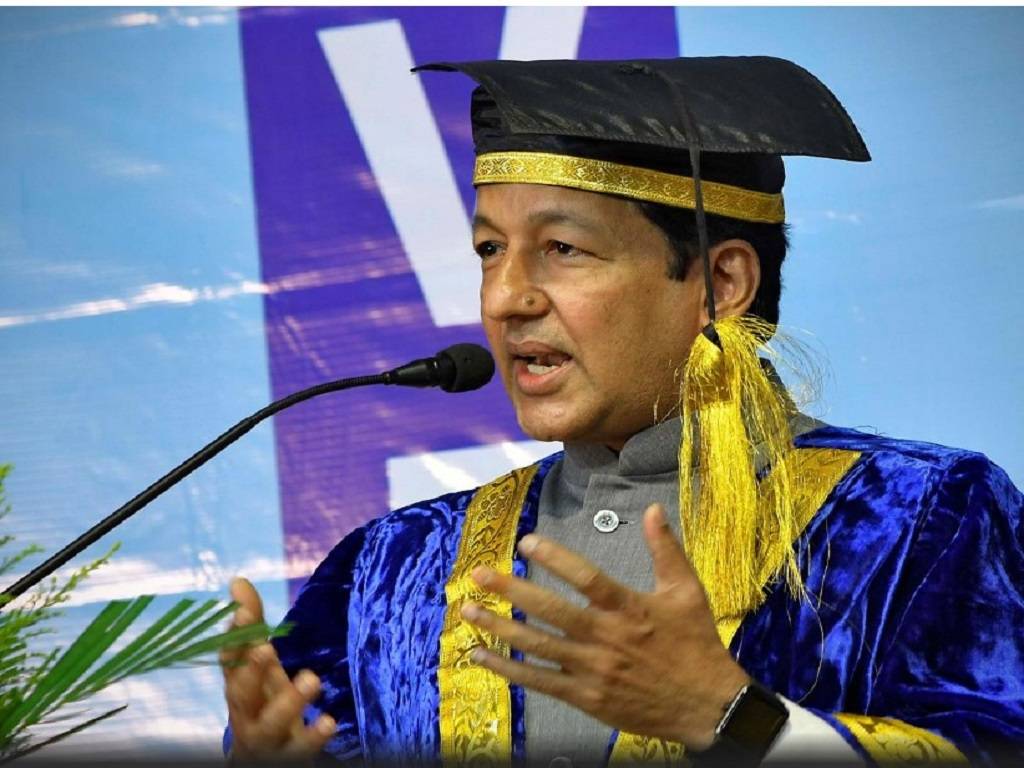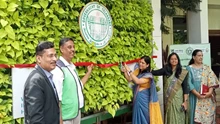
Raghavendra Bhatta while speaking at the Rajiv Gandhi Institute of Veterinary Education and Research's 23rd graduation day said that the epidemic has re-emphasized the importance of pathologist Rudolf Virchow's notion that there are "basically no separating lines between animal and human medicine."
He said that the notion became increasingly pertinent while the world was dealing with the COVID-19 outbreak.
The notion of 'One Health,' he added, had gained traction, and the need of the hour was to devise a multi-disciplinary and cross-sectoral strategy to address prospective or actual dangers that arose at the animal-human interface.
"Scientists have discovered over 1.7 million viruses circulating in animals, many of which are believed to be zoonotic." "The transboundary effect of viral epidemics such as Nipah, Ebola, SARS, MERS, and Avian Influenza in recent years has highlighted the necessity for us to regularly record the links between the environment, animals, and human health," he added.
He stated that there was an urgent need to address a veterinary staff shortfall, a lack of information exchange between human and animal health institutions, and proper food safety coordination at slaughter, distribution, and retail facilities.
Bhatta emphasized the benefits of veterinary science, stating that there are several options open to graduating students. "In today's world, the function of a veterinarian has grown. "Students must be updated and remain relevant to the system," he stated.
Bhatta emphasized the benefits of veterinary science, stating that there are several options open to graduating students. "In today's world, the function of a veterinarian has grown. "Students must be updated and remain relevant to the system," he stated.
Veterinary science became a field in the 18th century when a slew of specialized universities emerged across Europe. Since then, it has grown into a complicated and advanced discipline that needs a rather long and hard term of study to become a competent practitioner.
Veterinary science, like human medical care, is competitive and hard, but also well appreciated; it provides the advantages of social standing, great employability, wage prospects, and, of course, the joy of contributing to the quality of life of animals.









